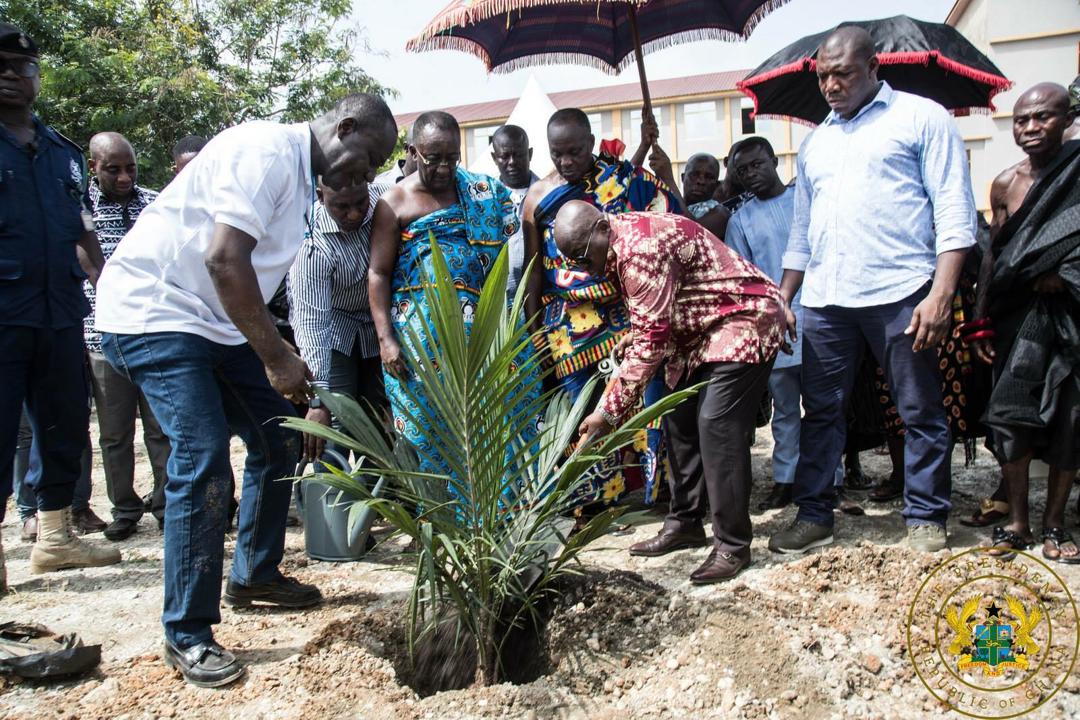Planting for Export and Rural Development (PERD) programme is a five-year programme expected to start from January 2019 to December 2024. The programme is expected to be undertaken in 212 selected districts in the 10 regions for Nine (9) selected tree crops. These tree crops include Cashew, Coffee, Coconut, Citrus, Cotton, Mango, Oil Palm, Rubber, and Shea.
- The PERD is being implemented because of the importance tree crops have become to the economy: according to the Ghana Statistical Service in 2017, 3rd Quarter of 2017 revealed a 10% growth of agriculture with 16.6% from the Crops and cocoa subsector.
- Governments diversification into tree crops will aid the development of the tree crop value chain, create employment for 1000s, fetch government and the private sector revenues etc.
- It will also create sustainable supply of raw materials to stimulate industrial response for the industrialization agenda through the One District One Factory (1D1F) initiative.
- The PERD is expected to cover almost 1 million farmers (974,300), with total hectares engaged being 1.83 million hectares. The annual budget of the program is GHS 152 million.
- The PERD works through a value chain approach whereby the value chain of each tree crop is targeted for development to make it more competitive.
- The PERD programme is implemented through 3 approaches, namely Decentralization, private sector participation and Institutional collaboration and Support.
- Decentralization: Ministry of Local Government and Rural Development will partner the Ministry of Food and Agriculture through its district directorates of Agriculture. Each District Assembly is expected to raise seedlings to support 5,000 farmers to cultivate at least 1 hectare of one or more of the selected crops.
- Private sector participation: private sector will help in the area of input development and distribution, and exports financing. The private sector will propel the programme once the implementation years end.
- Institutional Collaboration and Support: Reviewing existing regulations while developing new ones where appropriate to guide the implementation of PERD.
- The Implementation of the PERD programme is expected to partner and collaborate with the following ministries: Ministry of Environment, Science, Technology and Innovation (MESTI); Ministry of Trade and Industry (MoTI); Ministry of Lands and Natural Resources (MLNR).
- The PERD has a lot of stakeholders that are actively involved: private sector, CSOs, government agencies etc.
- For the purposes of assessing the program against set targets while providing the necessary technical support to improve and sustain the program, there is a consortium of researchers that would provide these ancillary services.
- The PERD takes into consideration the role of women and the youth in development, as such there are aspects of the programme that proffers support for females and the youth within the program.
Source: BestNewsGH.com

